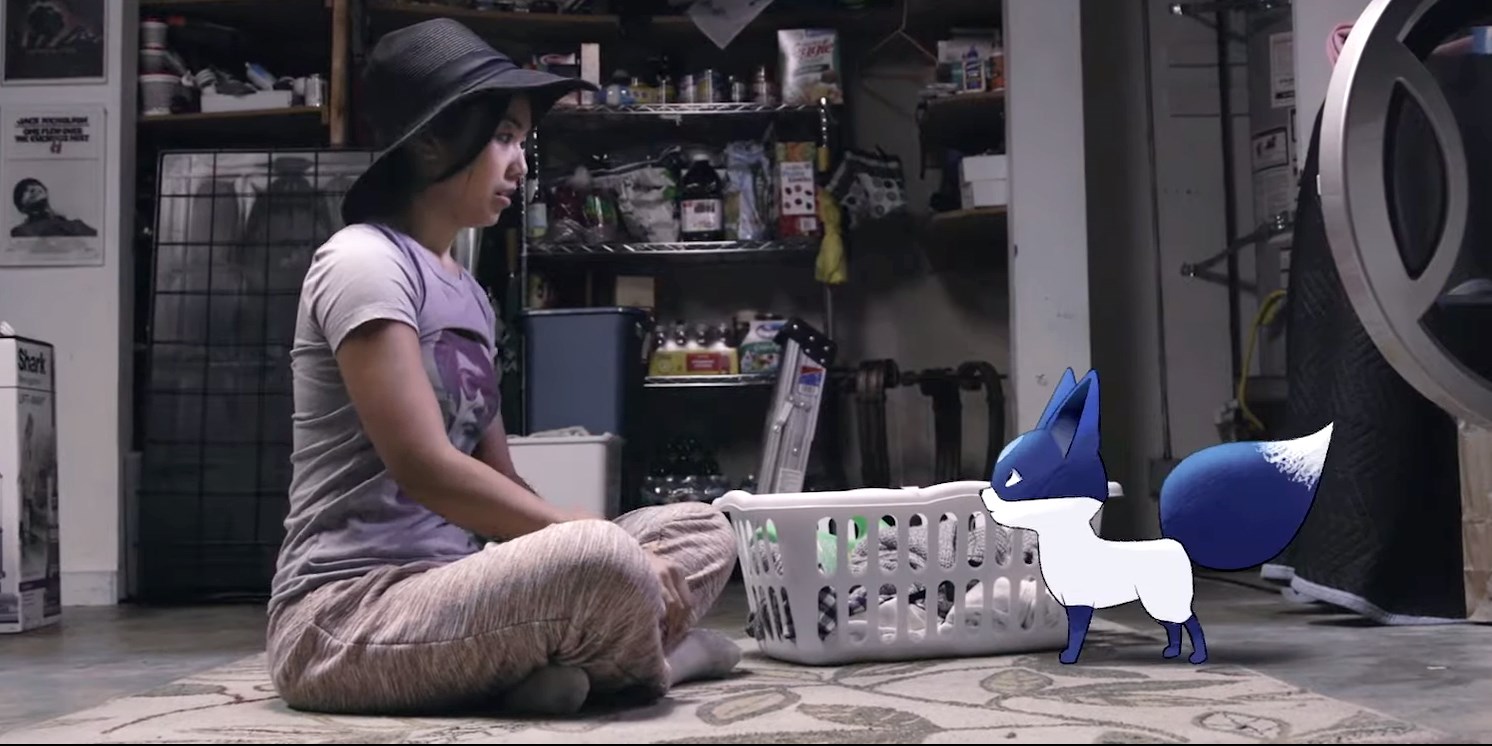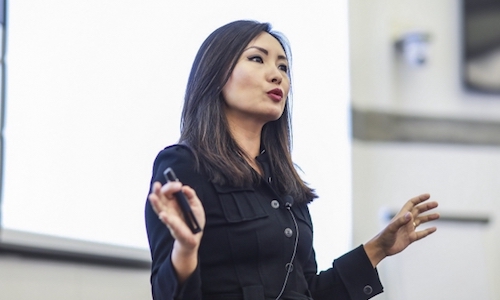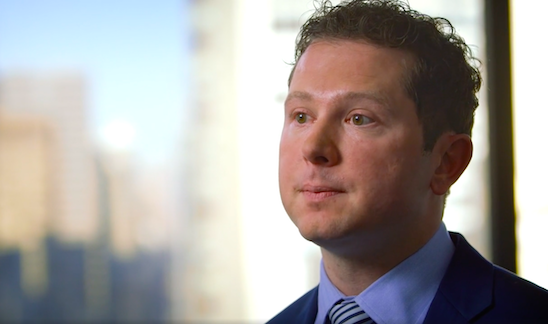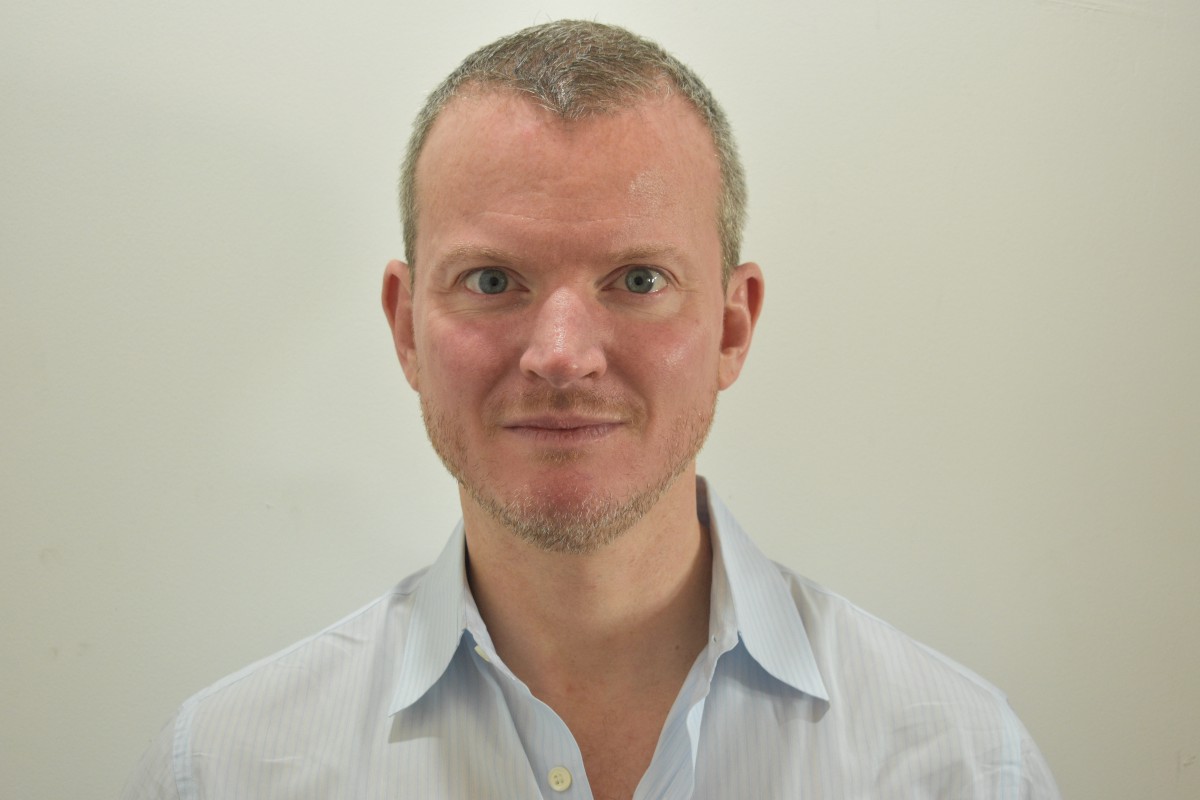
Superheroes, Comics, and Diversity in Film: An Interview with Dennis Liu, Writer and Director
“When you have young adults and teens and kids looking up to these heroes, and you don’t have a face for yourself, I think that really influences confidence, self-identity, and a host of other issues.”






